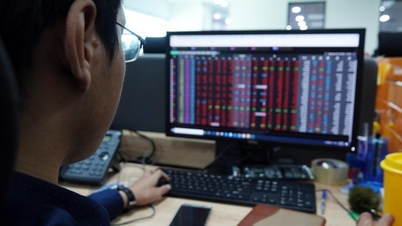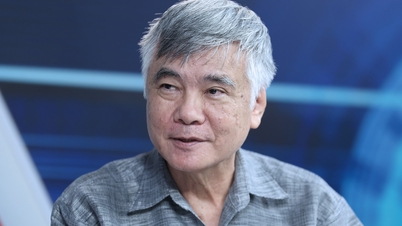 |
Risk-sensitive currencies such as the Australian dollar gained, while the safe-haven Japanese yen fell against the greenback, amid strengthening risk sentiment as the US government moved closer to reopening.
Earlier, the US Senate passed a measure to end the 40-day shutdown, which has forced hundreds of thousands of federal employees to temporarily leave their jobs and disrupted some public activities.
Adam Button, currency analyst at InvestingLive in Toronto, said the political pressure on Democrats at this stage could boost risk appetite, as investors expect pro-growth policies to prevail if Republicans retain control of Congress. This “looks like a Republican victory, which means more spending, which is positive for stocks, gold and global growth,” he said.
However, trading in the foreign exchange market remained low due to the Veterans Day holiday in the US on Tuesday, when the US bond market was closed.
“Volumes are low and most investors are avoiding large positions amid continued uncertainty surrounding the US economic outlook,” said Karl Schamotta, chief market strategist at Corpay.
Against the Japanese yen, the dollar rose 0.16% to 154.40 yen per dollar.
The Australian dollar rose 0.72% to $0.6538, benefiting from a rally in global stock markets, which typically moves in tandem with the currency.
The euro fell 0.06% to $1.1550.
If the US government shutdown is officially lifted, investors will turn their attention to US economic data, especially the non-farm payrolls report, which has been delayed for more than a month. The market is currently pricing in a 61% chance of a rate cut by the Fed in December, but that expectation could fluctuate wildly once the data is released.
US Federal Reserve officials remain divided on the need for further interest rate cuts, highlighting the challenge of reaching policy consensus under Fed Chairman Jerome Powell.
In Japan, Prime Minister Sanae Takaichi said he would set a new multi-year fiscal target to allow for more flexible spending and ease his commitment to fiscal tightening. Meanwhile, the Bank of Japan's (BoJ) summary of comments released the same day showed the "fog" over the economic outlook had somewhat cleared compared to its assessment in July, paving the way for a possible interest rate hike in December, thereby supporting the Japanese yen.
“There is a lot of hype that this is a return to full-fledged Abenomics. We expect the BoJ to continue raising rates,” said Salman Ahmed, global head of macro and strategic asset allocation at Fidelity.
In Australia, Reserve Bank of Australia (RBA) Deputy Governor Andrew Hauser said financial conditions were approaching a neutral interest rate, which neither promotes nor restrains growth.
The somewhat tough remarks helped the Australian dollar gain during the session, according to analysts at Westpac.
Elsewhere, the New Zealand dollar fell 0.07% to $0.5641.
Source: https://thoibaonganhang.vn/sang-1111-ty-gia-trung-tam-tang-12-dong-173368.html


































































































![Dong Nai OCOP transformation: [Article 4] Reaching national standard products](https://vphoto.vietnam.vn/thumb/402x226/vietnam/resource/IMAGE/2025/11/11/1762825820379_4702-cac-san-pham-trai-cay-chung-nhan-ocop-nongnghiep-174649.jpeg)


![Dong Nai OCOP transition: [Article 3] Linking tourism with OCOP product consumption](https://vphoto.vietnam.vn/thumb/402x226/vietnam/resource/IMAGE/2025/11/10/1762739199309_1324-2740-7_n-162543_981.jpeg)






Comment (0)